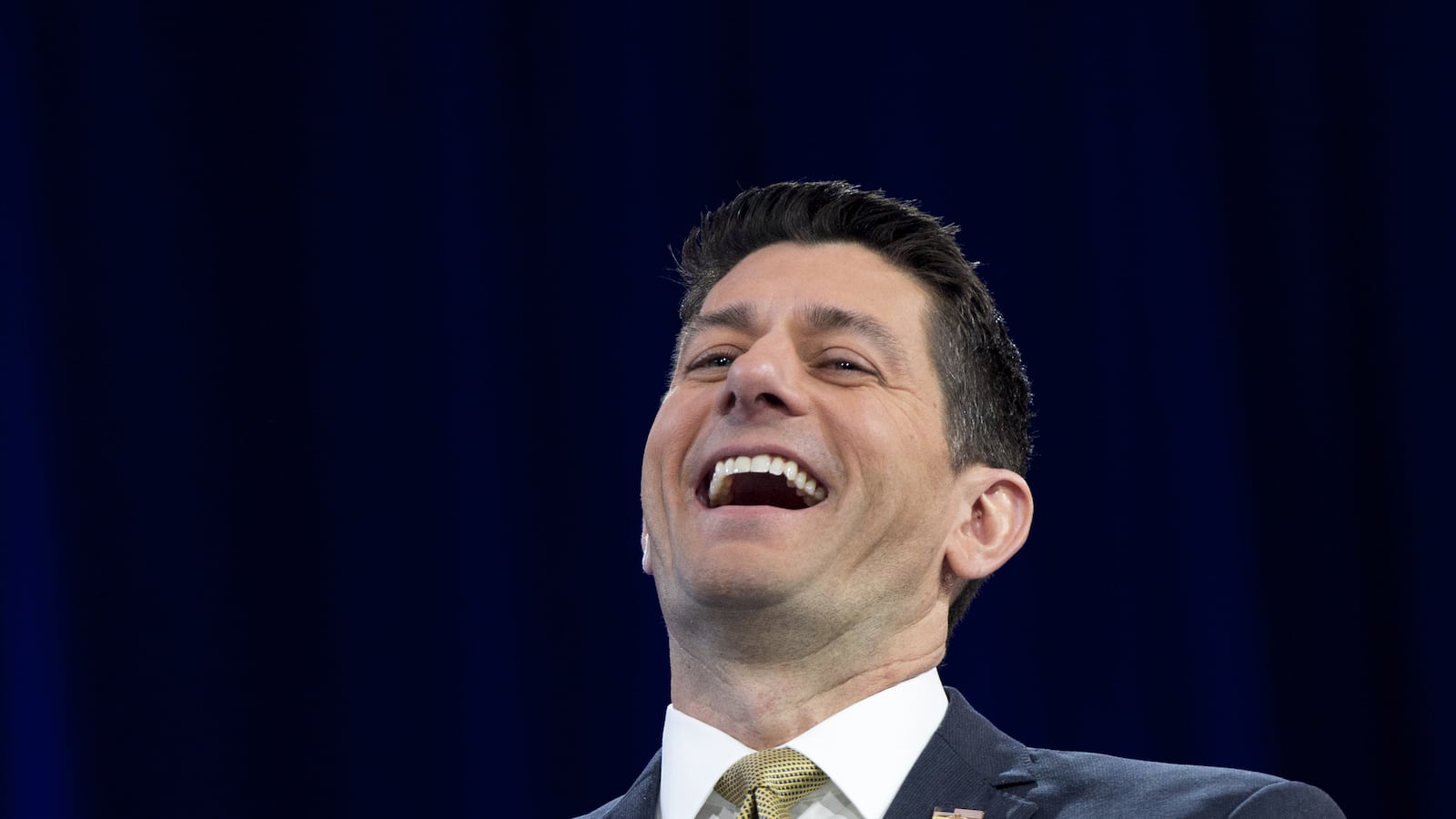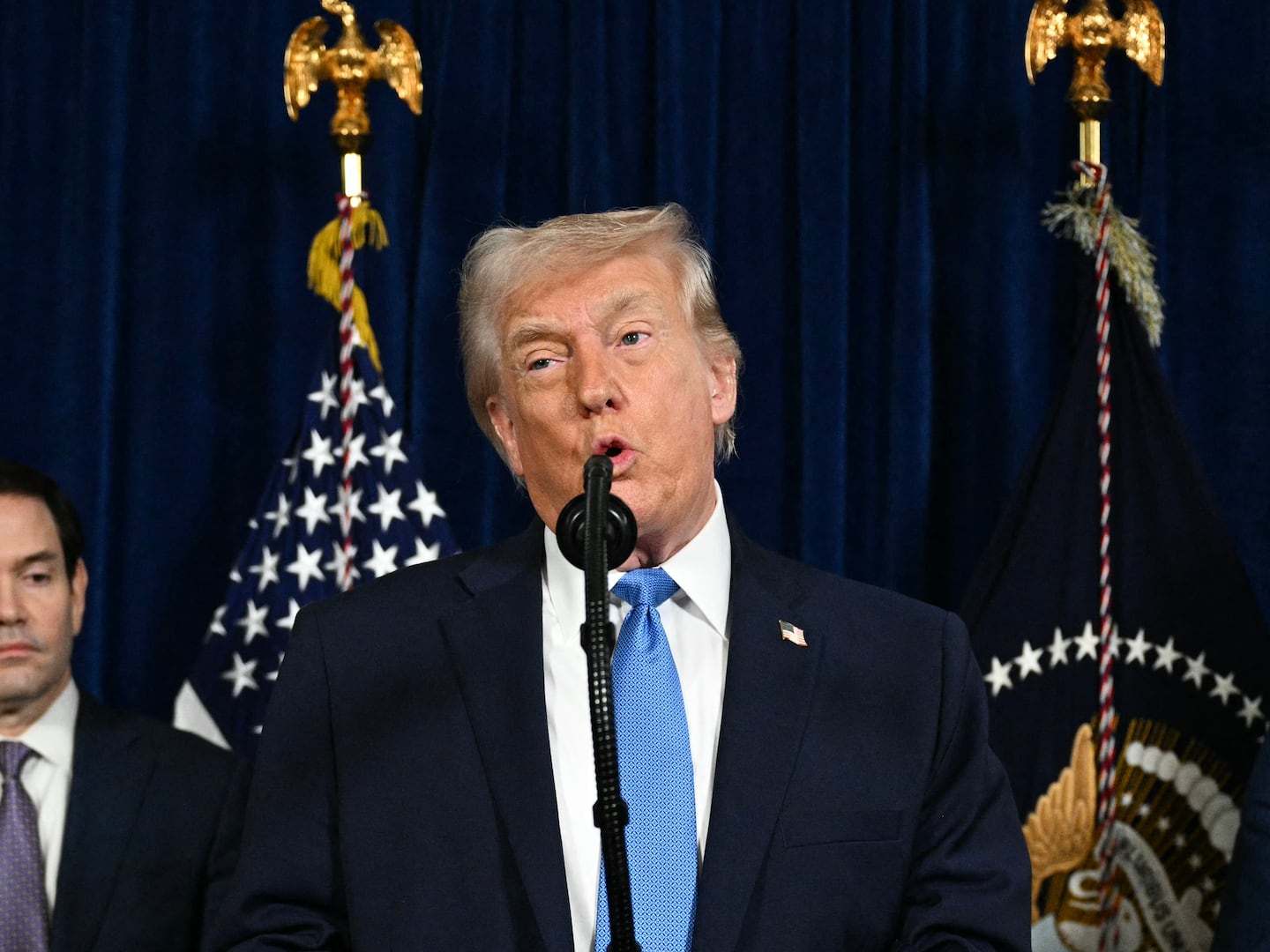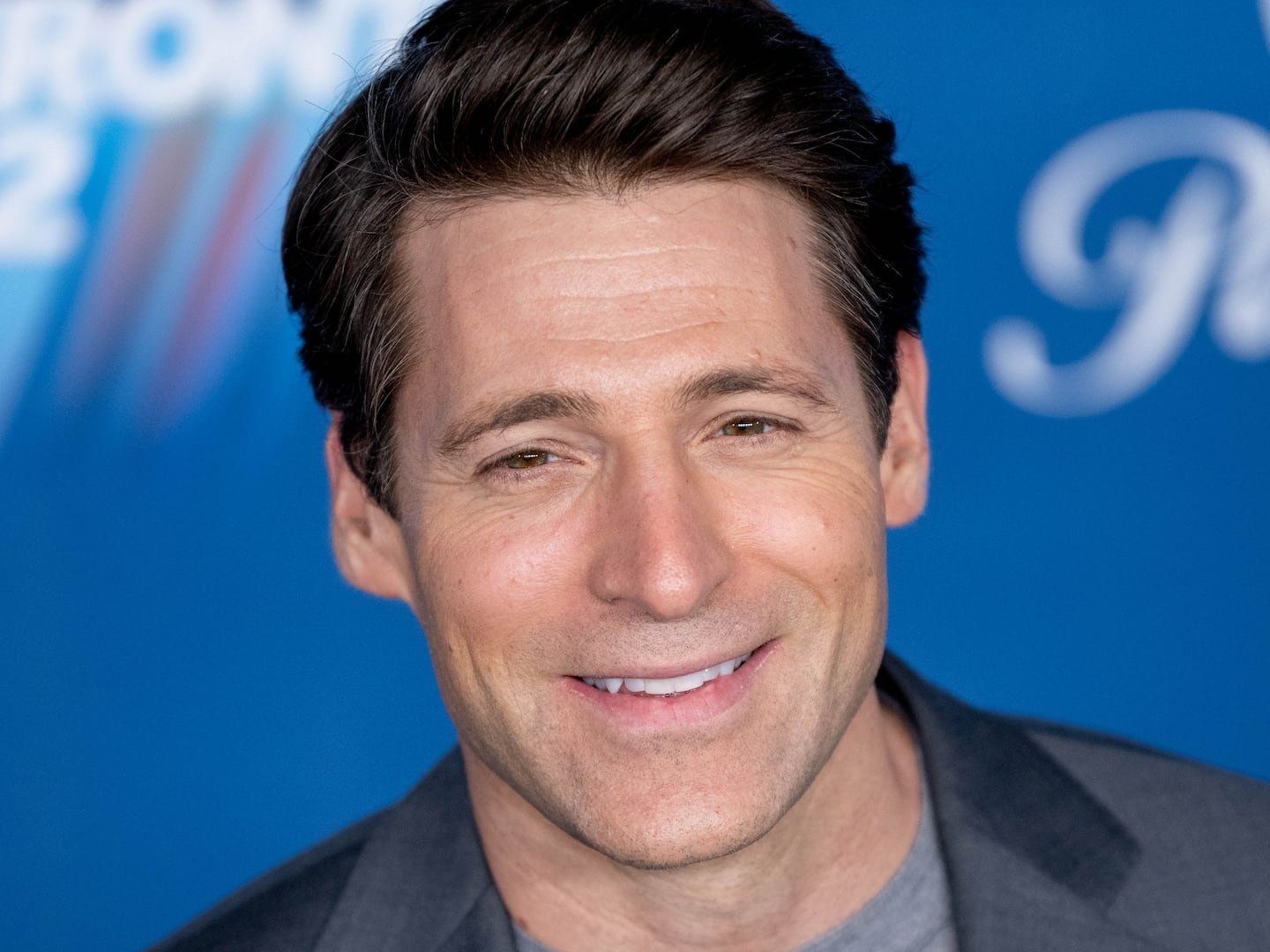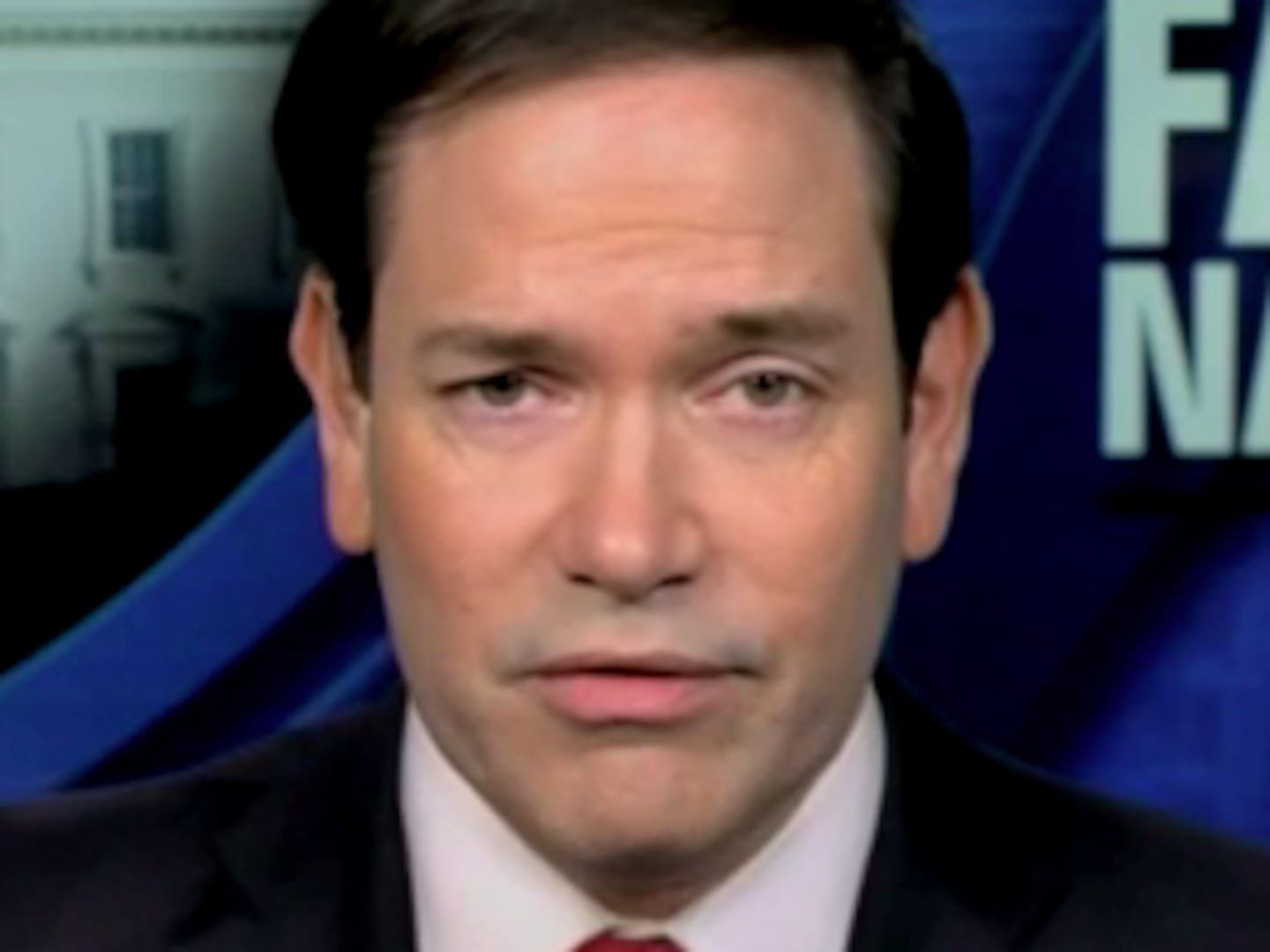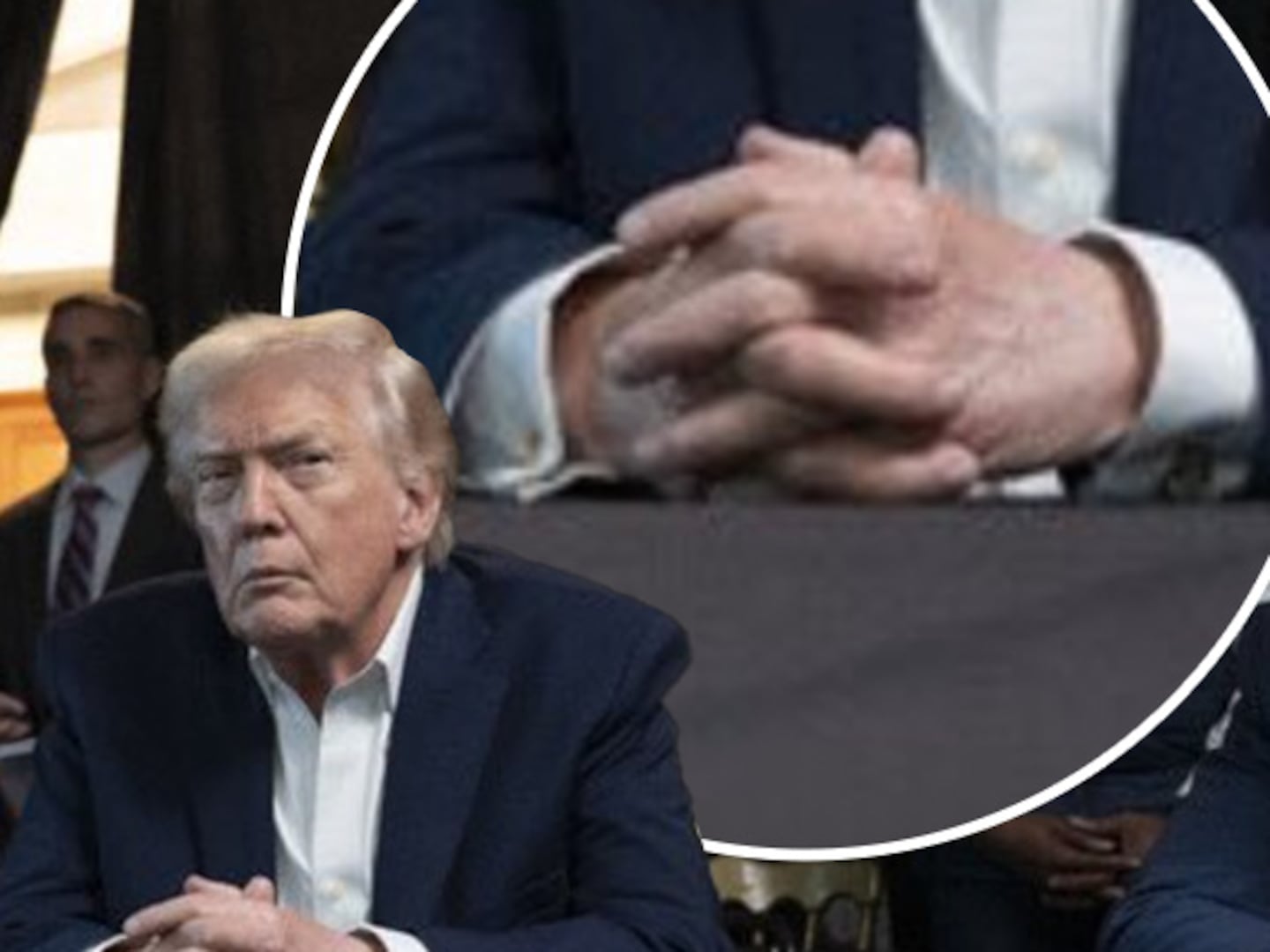While Republicans are busy trying to deny Donald Trump their party’s nomination, another group of conservative strategists is surely developing a more draconian backup plan: call it the Steal It In the House Option.
What might have once seemed inconceivable is now entirely possible this fall: a presidential election decided not by the voters, not even by the Electoral College, but by as few as 26 state delegations in the House of Representatives. If no general election candidate receives a majority of the electoral votes—270—the Constitution requires that the House of Representatives will elect the president.
And if that anti-democratic process isn’t bad enough, consider this perverse clause in the Constitution: Each state would receive one vote regardless of population. California, with nearly 40 million citizens, gets one vote. Wyoming, with fewer than 600,000, gets one vote. Go figure.
Each House delegation would caucus and cast that state’s vote. How would that work out this fall? Thirty-two state delegations are controlled by Republicans, 15 by Democrats, three evenly split. The District of Columbia and the territories cannot vote.
Not since the tumultuous election of 1824 has this outcome occurred. Andrew Jackson won both the popular vote and a plurality of electoral votes over John Quincy Adams, but two other candidates won enough electors to deny Jackson a majority. Subsequently, the House of Representatives threw the election to Adams. Jackson’s supporters nearly rioted, and the Tennessean swept Adams out of office four years later.
That’s ancient history, but two scenarios could create a similar electoral mess this year. While an independent presidential candidate is highly unlikely to win the election, there is a growing likelihood that such a campaign could prevent either party nominee from winning outright.
1. Hillary Clinton wins a plurality of electoral votes over Republican nominee Donald Trump, but falls short of the necessary 270. An independent candidate (Rick Perry?) wins a large state such as Texas. House Republicans, repelled by both Trump and Clinton, throw the election to Perry or whoever the independent candidate is—and who finished a very distant third in the voting. (The House can choose from any of the top three vote-getters.)
2. The Stop Trump movement succeeds in denying him the nomination, instead choosing Ted Cruz or John Kasich in a brokered convention in Cleveland. Trump launches an independent campaign and wins one or more states, a distinct possibility. Clinton wins a large plurality but fails to reach 270 electoral votes. The House elects Cruz or Kasich.
In either case, the Republican-controlled House, utilizing an arcane provision in the Constitution, subverts the will of American voters and prevents Hillary Clinton from winning the presidency. Farfetched? It’s not hard to imagine a deeply partisan House doing whatever it takes to deny Mrs. Clinton the presidency.
In 1968 George Wallace won five states and 46 electoral votes. It’s not a reach to envision Trump racking up a similar total in 2016, including typically tossup states such as Michigan or Florida.
Texas A&M scholar George Edwards, in Why the Electoral College Is Bad for America, writes, “…it is virtually impossible to find anyone who will defend the selection of the president by the House of Representatives, with each state having one vote. Even the most ardent supporters of the electoral college ignore this most blatant violation of democratic principles.”
There are other, even more bizarre possibilities lurking in November. In more than 20 states electors are not bound to vote for the candidate who wins their state. Could pressure be exerted to convince a few “faithless” electors to switch to another candidate? While unlikely, in this election cycle anything seems possible.
Should such a political apocalypse occur this year, there is a silver lining. Perhaps Congress would then move to abolish an anachronistic system of filling the most powerful office in the world. That would certainly please the ghost of Thomas Jefferson, who wrote after surviving the first contingency presidential election:
“I have ever considered the constitutional mode of election…as the most dangerous blot on our Constitution, and one which some unlucky chance will some day hit.”

